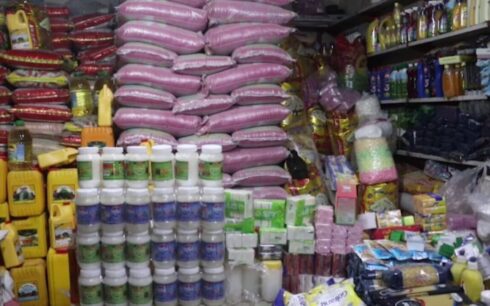HERAT — On Eid al-Adha morning, a wave of economic desperation swept through Herat’s streets as families spent the holiday scouring roadsides in search of day labor. Poverty, many residents said, leaves no room for celebration — not even on one of the most important holidays of the year.
Shortly after dawn, dozens of men and women gathered along major routes, waiting for passing vehicles to stop and offer work for a few hours. Among them was Abdul Manan, a 29-year-old father of 11 who arrived early in hopes of earning enough to support his family.
“I haven’t worked yet,” he said. “My family asked me for Eid money — I managed to give them 20 afghanis yesterday.”
Others echoed his plight, sharing stories of missed opportunities and mounting needs during what should have been a time of joy.
“Today, only one person offered me a kilo of meat,” said Sadiq, another laborer. “Someone else gave us some bread. It’s Eid, but we came out hoping for work. There’s nothing.”
Fruit vendors in the city reported that their Eid markets had failed to thrive. Many stalls remained empty or closed by afternoon, underscoring the broader economic malaise.
Beyond economic woes, some Herat residents also highlighted recent societal pressures and restrictions imposed by Taliban morality police — known locally as the “Promoters of Virtue and Preventers of Vice.” They said that forced inspections, curtailments on movement, and heightened control have further diminished the spirit of Eid.
“When you’re praying for celebration, but you’re worried about what you can’t afford and what you might face on the streets, it drains the mood,” said one local activist.
As the day ended, many in Herat reflected on a stark reality: in a nation accustomed to hardship, even Eid can become a struggle for survival.





